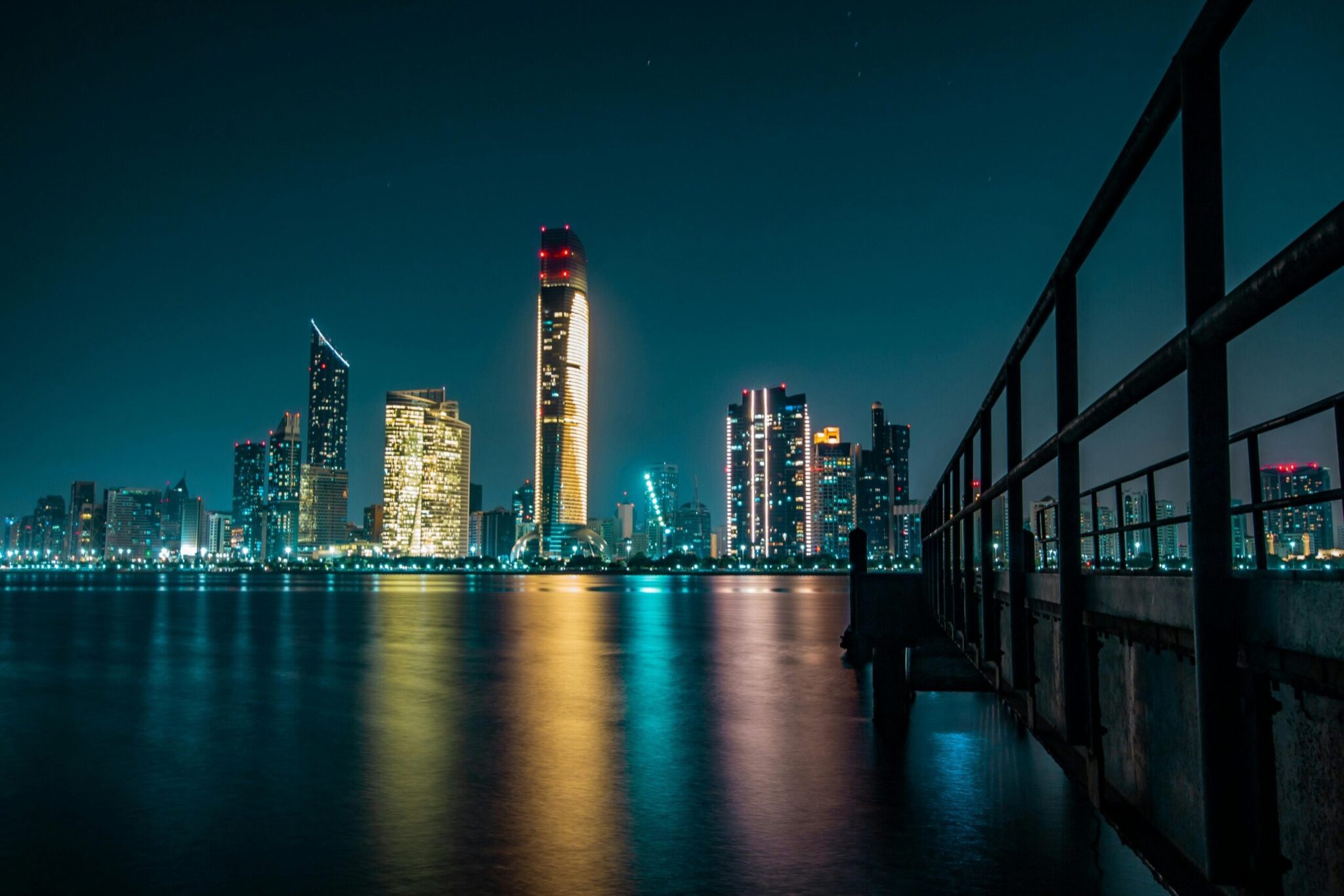Dubai’s freehold zones in 2025 offer unparalleled opportunities for foreign investors, allowing full property ownership in prime areas like Downtown Dubai, Palm Jumeirah, and Dubai Marina. With a tax-free environment and high rental yields, these zones attract global buyers, but challenges like market volatility require careful navigation. This guide explores the opportunities and challenges of investing in Dubai’s freehold zones, optimized for the 2025 real estate market.
Freehold Opportunities
Freehold plots, according to UAE legislation, have the option of 100% foreign ownership with no visa or sponsor, making Dubai a world investment hub. Properties like Business Bay and Emaar Beachfront offer rental yields of 6-9%, driven by tourist and expat visitors. Real estate valued above AED 2 million qualify for the Golden Visa, giving the holder 5-10-year residency. Off-plan developments in Dubai South and Al Furjan offer payment terms flexibility and a maximum capital appreciation of 10% best suited for long-term investors. The 2040 Urban Master Plan of Dubai, with developments such as Al Maktoum International Airport, enhances value in up-and-coming areas like Dubai Creek Harbour.
High ROI and Tax Benefits
Dubai’s tax-free environment—no income or capital gains tax—enhances ROI, with rental yields averaging 6.7% across villas and apartments. Prime locations like Downtown Dubai see 7-8% yields, outperforming global cities like London (3.5%). The city’s 3.8 million population and 18.7 million tourists in 2024 drive demand, ensuring low vacancy rates. Freehold properties, backed by RERA regulations and escrow accounts, offer secure investments, particularly with developers like Emaar and DarGlobal.
Challenges to Watch Out For
Market overheating, as noted by experts, threatens short-term price corrections, especially in oversaturated areas. The high upfront expenses, like the 4% DLD fees and 2% agent commissions, might put a strain on budgets. Compliance with regulations, including VAT and anti-money laundering laws, requires attention. Upcoming areas like Al Jaddaf may be prone to supply-demand imbalance as 76,000 new apartments enter the market in 2025. Choosing quality developers and ensuring title deeds via the DLD’s Dubai REST app is crucial in order to avoid legal pitfalls.
Strategies for Success
Diversify into JVC or Dubai Hills Estate, which are prime and emerging territories, to balance risk and reward. Utilize RERA-approved agents to negotiate on your account and ascertain conformity. Leverage AI-driven platforms to source market information and flag properties with green elements, in keeping with the Net-Zero 2050 agenda of Dubai. Freehold regions yield robust returns and residency benefits in 2025, which makes Dubai the ideal destination for safe and profitable investments.
Why Invest in 2025
With robust economic growth and investor-friendly initiatives, Dubai freehold areas remain a sanctuary for ROI optimization. Utilizing challenges as a chance for strategic planning, investors can leverage a market that is poised for steady expansion.

